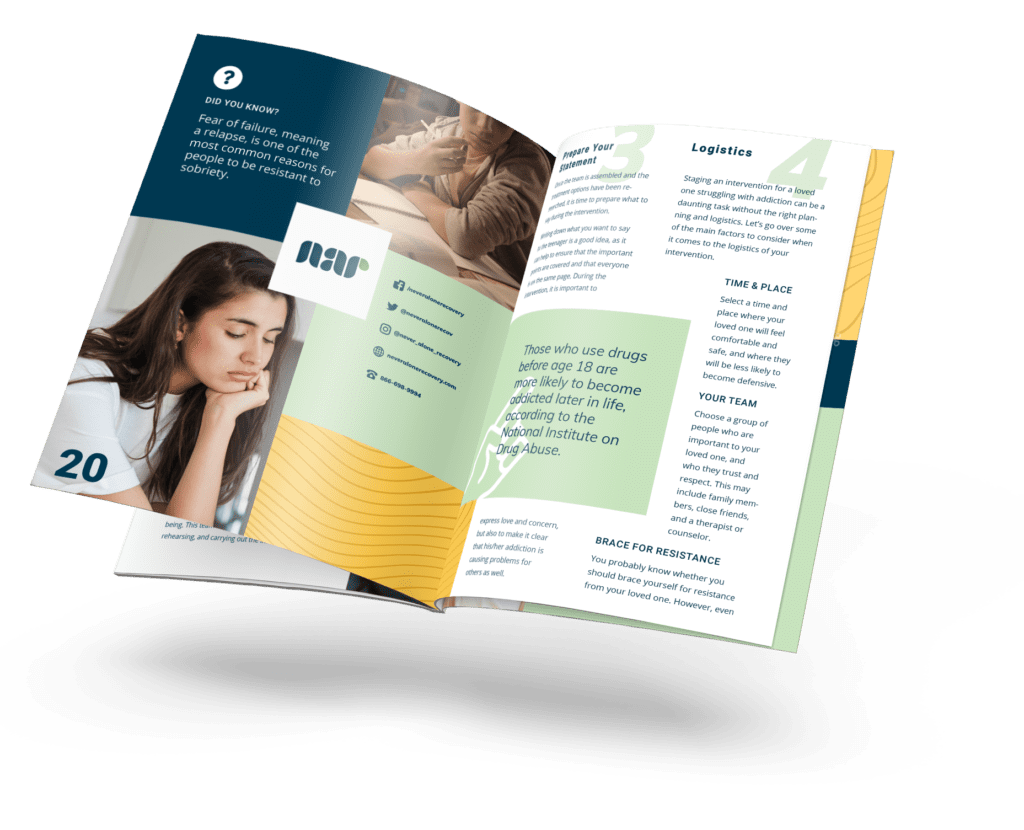People tend to view relapse as the proverbial nail in the coffin of someone’s recovery, but that’s not actually the case. Many people experience one or more relapses before they achieve stable and successful sobriety.
By definition, relapse refers to the worsening of a medical condition that had previously improved; if someone stops drinking alcohol completely and then picks it back up again, this is considered a relapse.
There are many harmful misconceptions surrounding relapse. However, understanding the ins and outs of relapse and how normal it can be will help you move forward in the recovery process.
Does a Relapse Mean I’ve Failed?
Absolutely not. Accepting that relapse is a normal and natural part of the recovery process is the key. Know that relapse is exceptionally common, and how you react to your relapse will set you up for success to eventually overcome your addiction.
The Stages of Relapse
While every individual is different, every relapse period will be unique. However, there are a few common relapse stages, and understanding them is key to a successful recovery. It’s important to know that relapse isn’t a sudden event, rather it is a process that occurs over a period of time that can range from a few days to a couple of weeks. During that time, the individual is likely to experience the following:
Emotional Relapse
This stage is where the individual is not using their substance of choice, rather they are thinking about it and putting themselves into a situation where they are more likely to relapse. Their behaviors and emotions during this stage will put them at a higher risk for future use, as they will be looking to return back to their old habits. For example, the individual may be isolating themselves, experiencing severe anxiety, have limited social support in terms of friends and family and isn’t practicing self-care. All of these factors create “the perfect storm” in encouraging an individual to use alcohol or drugs again.
Mental Relapse
During the mental stage of relapse, the person contemplates using the substance again and will eventually decide to resume his or her substance abuse. This is often the result of nostalgia for the people, places, and things that they associate with substance abuse or the familiarity of that prior lifestyle.
Physical Relapse
This stage is when the individual actually uses the substance again. It is the last of all stages, and once the person has reached this point, they will return back to their old habits.
Responding to a Relapse
No matter if you are the individual going through a relapse in recovery or the family member of one, how you respond to the relapse will set the tone to its success. There are two primary ways to respond to relapse, by enrolling the patient in one of our Never Alone rehab facilities, and through relapse prevention therapy techniques. Here we explain.
Entering into a Rehab and Detox Facility
A rehab and detox facility is equipped with the right tools and medical personnel to help the patient detox in a safe environment. Usually, these facilities are inpatient centers, meaning the patient will move into the center and stay there for a long stretch of time. When there, they will have around-the-clock medical care and support to help with physical and mental side effects. The patient will also benefit from individual and group therapy with their peers that understand exactly what they are going through. They’ll learn healthy coping mechanisms to prevent a relapse, will understand their triggers, and will be set up for long-term treatment success.
If you have any questions about what a rehab and detox facility entails, our Never Alone Recovery support services professionals are here to help.
Relapse Prevention Therapy Techniques
Known as RPT, Relapse Prevention Therapy was developed over 40 years ago by doctors G. Alan Marlatt and Judith Gordon. The goal behind this therapy is to help those in recovery recognize the signs and factors that might cause them to engage in substance abuse again. With this information in mind, the patient will be better equipped to plan ahead for these situations.
Coping Skills Training
To help individuals have a better handle on their cravings and urges. This portion of therapy will help the patient identify high-risk situations and the emotions that come with them.
Behavioral Techniques and Lifestyle Changes
The goal here is to help people establish positive lifestyle changes to enhance their recovery while preventing relapse. For example, this means developing healthy sleeping and eating habits, exercising regularly, and relaxation strategies.
Cognitive Therapy Interventions
This therapy will help the patient reframe how they think about relapse, and remind them that relapse is completely normal and not something they should be ashamed of. The therapist will help them to reframe that relapse is an opportunity to learn rather than seeing it as a deep personal flaw.
Relapse during recovery is a journey, and Never Alone Recovery is committed to your sobriety. If you are interested in learning more about our Never Alone detox programs and our drug rehabs in Indiana, our professionals are here for you. Call us today for more information.
relapse


We're On Medium!
We're sharing the recovery stories of our community members. Be sure to check out Never Alone Recovery on Medium to read those featured stories.
YOU MAY ALSO LIKE...
February 28, 2023
April 24, 2024
July 24, 2023
December 28, 2022
December 19, 2022
DISCUSSION